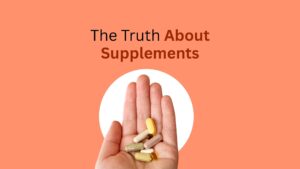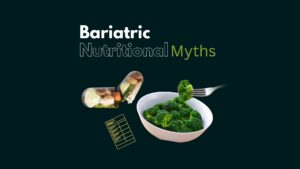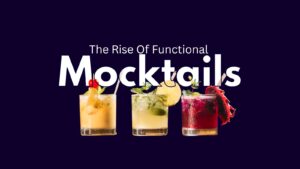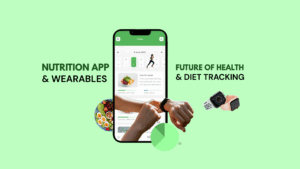
Vaishali
Bariatric Dietician & Content Writer

Power Up Plant Based: Essential Vitamins for an Active Lifestyle
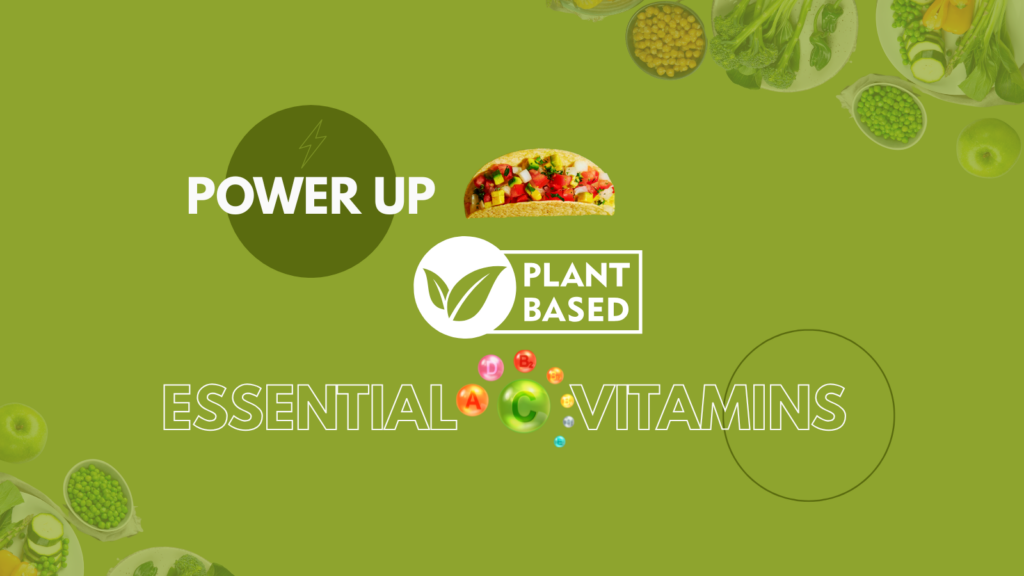
Maintaining an active lifestyle requires proper nutrition to fuel your body, enhance performance, and support recovery. For those following a plant-based diet, ensuring that you get the essential vitamins to stay energized, build muscle, and stay strong is crucial. While fruits, vegetables, grains, and legumes are packed with nutrients, certain vitamins play a pivotal role in supporting your physical performance and overall well-being. Here’s a guide to the essential plant-based vitamins you need for an active lifestyle, and how to get them.
1. Vitamin B12: The Energy Booster -
Vitamin B12 is often the first nutrient that comes to mind when discussing plant-based diets. Found primarily in animal products, this vitamin is crucial for energy production, red blood cell formation, and nervous system health. Active individuals, particularly those on plant-based diets, are at risk for a B12 deficiency, which can lead to fatigue, weakness, and decreased stamina.
How to Get It: Since B12 is not naturally found in plant foods, it’s important to consume fortified foods like plant-based milks, cereals, and nutritional yeast. Alternatively, consider a B12 supplement to maintain optimal levels, especially if you’re training intensely or frequently.
2. Vitamin D: The Bone and Immune Defender -
Vitamin D plays a key role in calcium absorption, bone health, and immune function—important for both injury prevention and recovery after exercise.
Many people struggle to get enough vitamin D, especially those living in regions with limited sunlight. Vitamin D deficiency can lead to weak bones, muscle pain, and fatigue, which are not ideal for someone leading an active lifestyle.
How to Get It: While sunlight is the best natural source of vitamin D, plant-based sources include fortified foods such as plant milks, orange juice, and certain types of mushrooms (like maitake or shiitake).
Vitamin D2 (ergocalciferol) is plant-based, so it’s an ideal option for vegans, although vitamin D3 from lichen is another vegan-friendly alternative.
3. Vitamin C: The Immunity and Recovery Helper -
Vitamin C is an antioxidant that supports your immune system and helps with collagen production for joint health, which is essential for an active lifestyle.
It also aids in the repair and growth of tissues, so if you’re pushing your body in the gym, you’ll want to ensure you’re getting enough vitamin C to support muscle recovery.
How to Get It: Thankfully, vitamin C is abundant in many plant-based foods, including citrus fruits (oranges, grapefruits), bell peppers, strawberries, broccoli, and leafy greens like kale. A well-rounded diet rich in these foods will give you plenty of vitamin C to keep your immune system strong and recovery on track.
4. Vitamin A: The Vision and Skin Protector -
Vitamin A plays an important role in maintaining healthy skin, vision, and immune function. For active individuals, it’s also essential for maintaining energy levels and protecting the body from oxidative stress caused by physical exertion. Vitamin A is a fat-soluble vitamin that is vital for healthy cell growth, and it helps with muscle recovery as well.
How to Get It: The plant-based form of vitamin A is provitamin A carotenoids (like beta-carotene), found in colorful vegetables. Sweet potatoes, carrots, butternut squash, and dark leafy greens like spinach and kale are excellent sources. Eating these foods regularly will ensure you’re meeting your vitamin A needs.
5. Vitamin K: The Bone and Muscle Supporter -
Vitamin K is essential for bone health and helps with the body’s ability to heal and recover from muscle injuries. It works in tandem with vitamin D to promote calcium absorption and bone density. Vitamin K also plays a role in muscle function, which is critical for maintaining strength during physical activity.
How to Get It: Vitamin K is abundant in leafy greens such as kale, spinach, and collard greens. Other sources include broccoli, Brussels sprouts, and green cabbage. Incorporating these foods into your meals can help you maintain strong bones and muscles, which is crucial for staying active.
6. Folate (Vitamin B9): The Recovery and Muscle Builder -
Folate is a B-vitamin that helps in DNA synthesis and cell growth, making it essential for muscle repair and recovery.
It is also important for red blood cell production, ensuring that oxygen can be efficiently transported throughout the body. For those with an active lifestyle, folate plays a vital role in maintaining energy levels and supporting muscle function.
How to Get It: Folate is found in abundance in plant-based foods such as leafy greens, legumes (lentils, chickpeas), asparagus, and fortified cereals.
It’s easy to meet your folate needs by incorporating these foods into your daily diet, ensuring your body has the nutrients it needs for muscle recovery and growth.
Conclusion: Powering Up with Plants -
Adopting a plant-based lifestyle doesn’t mean you have to sacrifice your energy or performance during physical activity.
By focusing on a well-rounded diet that includes the vitamins mentioned above, you’ll fuel your body for peak performance and ensure you’re recovering efficiently.
Whether you’re a runner, weightlifter, or just someone who enjoys staying active, plant-based foods provide a rich source of vitamins to support every aspect of your fitness journey.
Remember, the key to staying energized and strong is in the variety of plant-based foods you choose to consume, so load up on nutrient-dense, whole foods to power up your active lifestyle!

